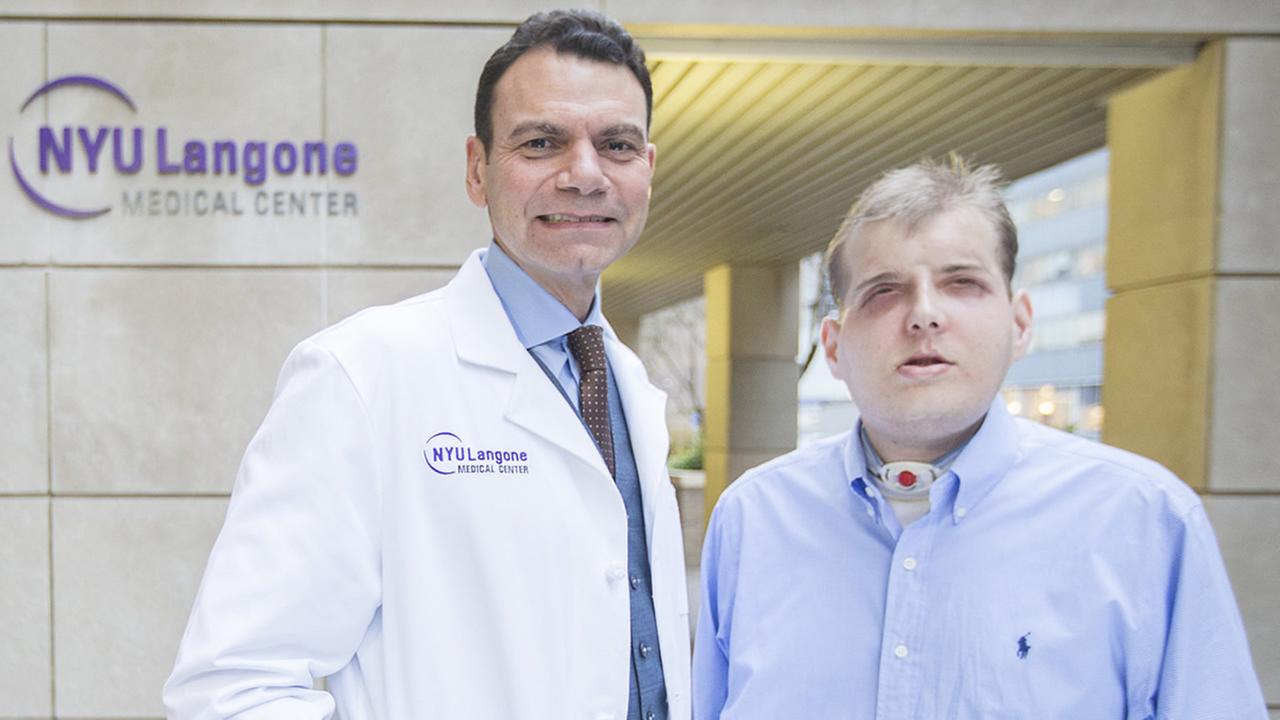
A quiet revolution in organ transplant ethics
What will happen when transplants merely improve lives, not save them?
Earlier this week New York University Langone Medical Center announced the successful completion of the most extensive face transplant to date. It was performed on a volunteer firefighter from Mississippi who suffered a full face and scalp burn in 2001 when a roof collapsed on him during a rescue search.
It was a triumph of modern medicine, but it was also a reminder of the questions which swirl around transplant surgery. Organ transplants have always been regarded as life-saving interventions. Without a heart, lungs or kidneys patients die. But surgeons are now transplanting non-vital body parts, such as the face, uterus, voicebox, penis, ovary and fallopian tube, which require a fresh look at standards of medical ethics, according to bioethicist Art Caplan, of New York University Langone Medical Center. He writes in his column in Forbes magazine:
Unlike heart, liver, kidney and lung transplants, they are being done to enhance the quality of life or to palliate suffering. Some are being done not to save lives but to allow individuals to create new ones. These are manifestly ethical goals. But the shift away from saving lives to making them better involves a shift in the ethical thinking that has long formed the foundation of organ transplantation. They require doctors, patients, regulators and the rest of us to rethink the risk and benefit ratio represented by these new forms of transplant.
Powerful immosuppressive drugs are an integral part of any transplant. But these have side-effects, including organ failure, which shorten a patient’s life span. How ethical is it to increase a patient’s quality of life by shortening his quantity of life?
Transplanting a face to allow a person to reenter society without stigma or scorn is a wondrous thing. Allowing a woman to bear a child in a society or state where gestational surrogacy is not even an option will find some eager to try. But the new world of transplant requires revisiting some old ways of ethical thinking to help grapple with an entirely new set of opportunities and challenges.
https://www.bioedge.org/images/2008images/TH_face_transplant_545.jpg
Creative commons
https://www.bioedge.org/images/2008images/1086650_1280x720.jpg
organ donation
organ transplants
transplant ethics
